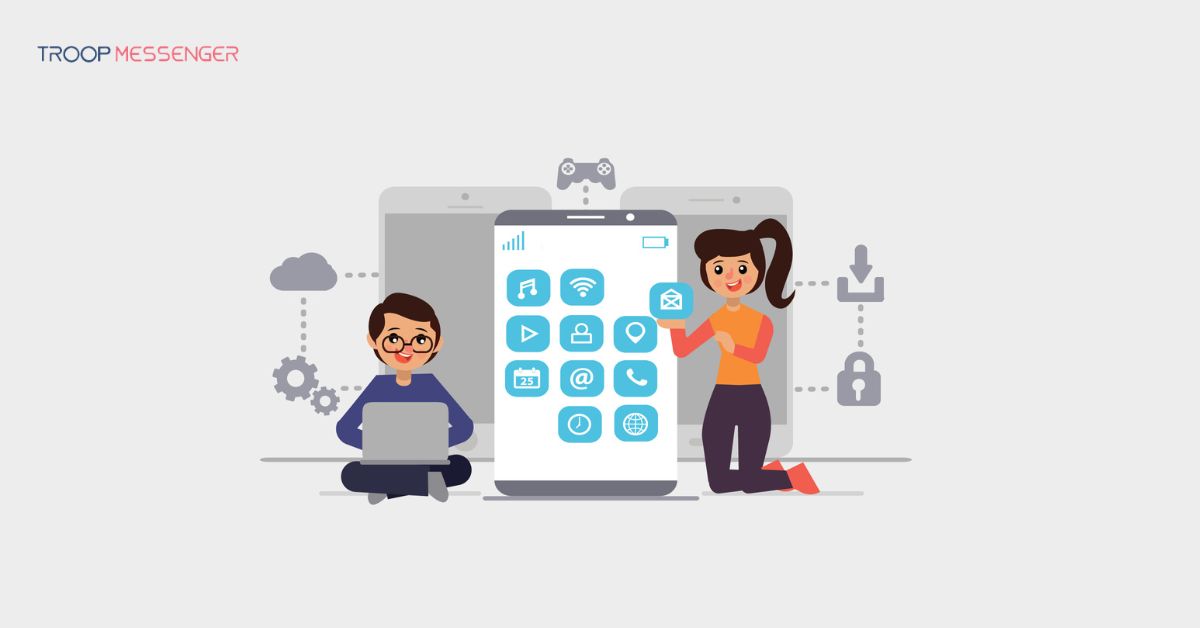Connect with us

How to Upskill Your Remote Human Workforce?
In today's ever-evolving digital landscape, organizations are increasingly relying on remote human workforces to achieve their goals. The ability to hire someone from anywhere in the world and leverage their expertise has opened up new possibilities for businesses across industries. However, managing a remote workforce comes with its unique set of challenges.
While technology has enabled seamless communication and collaboration, it is crucial for organizations to invest in upskilling their remote human workforce to maximize productivity and maintain a competitive edge. In this blog post, we will explore the significance of upskilling and provide practical strategies to help you unlock the full potential of your remote team.
Table of Contents
Why Upskilling Matters for a Remote Human Workforce?
When you hire someone for a remote position, you may be seeking specific skills or expertise required for the job. However, the business landscape is constantly evolving, and new tools and technologies emerge at an unprecedented rate. To stay ahead of the curve, it is essential to foster a culture of continuous learning and growth within your remote team.
By investing in upskilling, you empower your employees to adapt to changing demands, acquire new skills, and enhance their existing knowledge base. This not only boosts their individual career prospects but also equips them to contribute more effectively to your organization's success.
Upskilling also has the potential to improve employee satisfaction and retention. Providing opportunities for professional development demonstrates your commitment to the growth and well-being of your remote team members. It fosters a sense of loyalty and belonging, reducing the risk of turnover and ensuring long-term stability within your workforce.
Strategies to Upskill Your Remote Human Workforce
Upskilling your remote human workforce is essential to ensure their professional growth and adaptability in an evolving work environment. Here are some strategies to effectively upskill your remote workforce:
1. Cybersecurity training
Cybersecurity is one of the most important skills that a remote worker can have. According to a study by the Ponemon Institute, the global average cost of a data breach is $3.86 million. That's why it's essential to make sure your remote workers are equipped with the tools and training they need to keep your data safe. Examples of cybersecurity training include things like password management, phishing prevention, and malware identification.
2. Project management training
Project management is another critical skill for remote workers. When your team is spread out across different time zones, it's essential to have someone who can effectively manage projects and ensure that everyone is on task. Project management training will teach your remote workers how to plan, organize, and execute projects effectively.
3. Communication training
Communication is another key skill for remote workers. When you can't see your team members face-to-face, it's essential to have a strong communication platform such as a team chat app for exchanging office communication skills. Communication training will teach your remote workers how to effectively communicate with team members both locally and remotely. Examples of communication training include things such as email etiquette, meeting facilitation, and conflict resolution.
4. Time management training
Time management is another critical skill for remote workers. When you're working from home, it can be easy to let your work hours spiral out of control. That's why it's important to have a good understanding of time management principles. Time management training will teach your remote workers how to effectively manage their time so they can stay productive and on task.
5. Customer service training
Customer service is another critical skill for remote workers. When your team is spread out across different time zones, it's essential to have someone who can provide excellent customer service. Customer service training courses will teach your remote workers how to provide great customer service no matter where they are located, giving your business a competitive edge when it comes to delivering great customer service.
6. Coding and programming training
Coding and programming are essential skills for remote workers. When you're working remotely, it's important to have coding and programming skills so you can easily work with developers and other members of your team. Coding and programming training will teach your remote workers the basics of coding and programming so they can easily work with developers and other members of their team.
7. Graphic design training
Graphic design is another essential skill for remote workers. When you're working remotely, it's important to have strong graphic design skills so you can easily create visuals for your team. Graphic design training will teach your remote workers the basics of graphic design so they can easily create visuals and add a tremendous amount of value to marketing efforts. Consider providing things like Adobe Creative Suite training to your marketing employees.
8. Social media marketing training
Social media marketing is another essential skill for remote workers. When you're working remotely, it's important to have strong social media marketing skills so you can easily promote your business online. Social media marketing training will teach your remote workers the basics of social media marketing so that they know how to go about increasing brand exposure online through social media.
9. SEO training
SEO is another essential skill for remote workers. When you're working remotely, it's important to have strong SEO skills so you can easily rank your website higher in search engines. SEO training will teach your remote workers the basics of SEO so they can carry out better SEO, the foundation of digital marketing, and one of the best long-term lead generation strategies.
10. Business administration training
Business administration is another essential skill for remote workers. When you're working remotely, it's important to have strong business administration skills so you can easily manage your business. Business administration training teaches your remote workers the basics of running a business so that they are better able to conceptualize how your business works, how they factor into it, and what is necessary for its success.
Conclusion
Upskilling your remote workforce is essential to ensuring that your data is safe and your business is productive. By equipping your remote workers with the right skills, you can make sure that they are able to do their jobs effectively, no matter where they are located.








